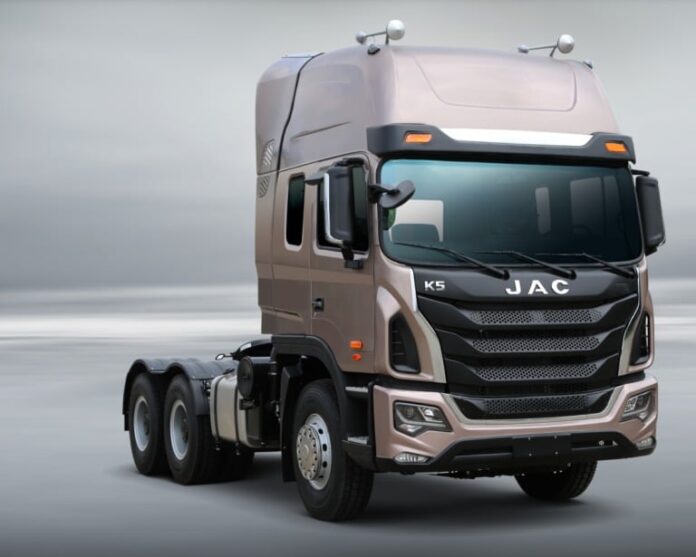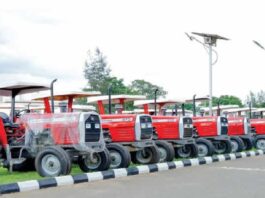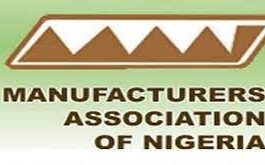JAC Motors advocates urgent passage of auto policy
CHIGOZIE AMADI
Leading Chinese truck manufacturer, JAC Motors, has called on the Federal Government to urgently sign Nigeria’s automotive policy into law, describing it as a critical move that will attract foreign investments, strengthen local vehicle assembly, and reduce overdependence on imported used vehicles.
The appeal was made by the General Manager of JAC Motors, Mr Oscar Yu, during a strategic visit to the JAC truck assembly plant operated by Lanre Shittu Motors along the Apapa-Oshodi Expressway in Lagos, according to a statement.
Yu emphasised that Nigeria’s vast market of more than 200 million people represents huge potential for the automotive industry, but stressed that the absence of a legislated automotive policy continues to weaken investor confidence.
“A properly legislated automotive policy will encourage more Original Equipment Manufacturers to invest in Nigeria. This will enable the production of affordable, brand-new trucks and guarantee better returns on investment for buyers,” he said.
He added that the continued reliance on imported used vehicles undermines local capacity, limits job creation, and hurts long-term economic growth. “Nigeria can become a truck manufacturing hub in West Africa. With local talent, technical training, and the right government policy, we can bridge the gap between used vehicles and brand-new, affordable trucks,” Yu explained.
Speaking further, Yu praised Lanre Shittu Motors for its resilience in assembling JAC trucks locally despite the current economic challenges. He described the company as a “great partner” and pledged JAC’s continued support in critical areas such as technical training, supply of spare parts, and after-sales service.
“We take care of our partners, customers, and staff. Our products are of high quality, and we believe that’s our biggest selling point. We are pleased with what LSM has achieved and are fully committed to growing this partnership,” Yu affirmed.
JAC’s collaboration with LSM has already produced Compressed Natural Gas (CNG)-powered trucks, fitted with advanced safety features such as Anti-lock Braking Systems (ABS), underscoring both firms’ commitment to innovation and safety.
In his remarks, the Managing Director of Lanre Shittu Motors, Mr Taiwo Shittu, described JAC as an exceptional and dependable partner. “JAC is the most supportive company we have ever worked with. They are sincere, respectful, and always deliver on their promises. They understand our culture and treat us as true partners,” Shittu said.
He noted that the collaboration has enabled LSM to expand its product offerings while maintaining its reputation for reliability in the Nigerian market.
Similarly, Mr Saheed Shittu, Executive Director of Finance at LSM, hailed the visit of JAC’s top management as “historic and strategic.” He stressed that the move would further strengthen the longstanding relationship between both companies and provide Nigerian customers with improved automotive solutions.
“We remain committed to providing customers with reliable products backed by genuine parts and strong after-sales service. This partnership with JAC is helping us deliver on that promise,” Saheed said.
Lanre Shittu Motors currently assembles JAC heavy-duty and medium-duty trucks in Nigeria and has consistently earned recognition for its quality standards, winning multiple awards at the Nigeria Auto Journalists Awards.
Industry stakeholders believe that with the right policy framework, Nigeria could replicate the success of automotive hubs in Asia and South America, leveraging its population, growing economy, and strategic regional position.
For JAC Motors, the passage of the automotive policy into law is the missing link in Nigeria’s quest to become an auto manufacturing hub. The company insists that once the framework is signed, it will unlock opportunities for sustainable investments, technology transfer, and large-scale job creation in the automotive sector.








